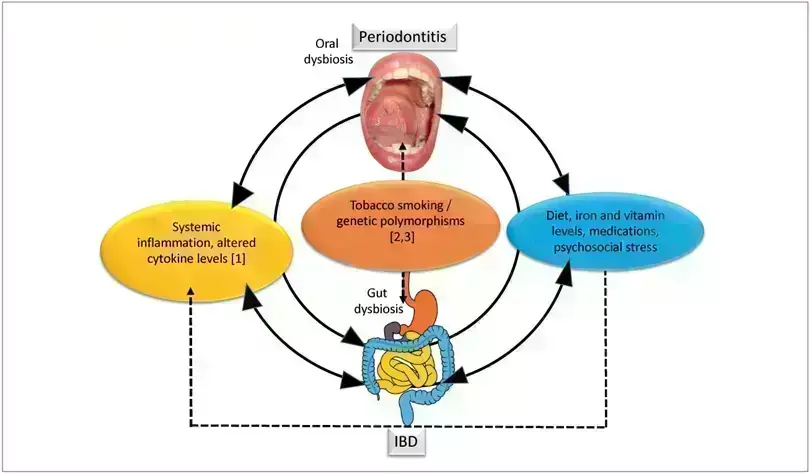- Home
- Medical news & Guidelines
- Anesthesiology
- Cardiology and CTVS
- Critical Care
- Dentistry
- Dermatology
- Diabetes and Endocrinology
- ENT
- Gastroenterology
- Medicine
- Nephrology
- Neurology
- Obstretics-Gynaecology
- Oncology
- Ophthalmology
- Orthopaedics
- Pediatrics-Neonatology
- Psychiatry
- Pulmonology
- Radiology
- Surgery
- Urology
- Laboratory Medicine
- Diet
- Nursing
- Paramedical
- Physiotherapy
- Health news
- Fact Check
- Bone Health Fact Check
- Brain Health Fact Check
- Cancer Related Fact Check
- Child Care Fact Check
- Dental and oral health fact check
- Diabetes and metabolic health fact check
- Diet and Nutrition Fact Check
- Eye and ENT Care Fact Check
- Fitness fact check
- Gut health fact check
- Heart health fact check
- Kidney health fact check
- Medical education fact check
- Men's health fact check
- Respiratory fact check
- Skin and hair care fact check
- Vaccine and Immunization fact check
- Women's health fact check
- AYUSH
- State News
- Andaman and Nicobar Islands
- Andhra Pradesh
- Arunachal Pradesh
- Assam
- Bihar
- Chandigarh
- Chattisgarh
- Dadra and Nagar Haveli
- Daman and Diu
- Delhi
- Goa
- Gujarat
- Haryana
- Himachal Pradesh
- Jammu & Kashmir
- Jharkhand
- Karnataka
- Kerala
- Ladakh
- Lakshadweep
- Madhya Pradesh
- Maharashtra
- Manipur
- Meghalaya
- Mizoram
- Nagaland
- Odisha
- Puducherry
- Punjab
- Rajasthan
- Sikkim
- Tamil Nadu
- Telangana
- Tripura
- Uttar Pradesh
- Uttrakhand
- West Bengal
- Medical Education
- Industry
Intermittent fasting linked to decreased systematic and periodontal inflammation, finds study

Intermittent fasting linked to decreased systematic and periodontal inflammation finds a study published in the Journal of Periodontology.
Studies on the impact of intermittent fasting on periodontal health are still scarce. Thus, this study evaluated the effects of long-term intermittent fasting on periodontal health and the subgingival microbiota. This pilot study was part of a nonrandomized controlled trial. Overweight/obese participants (n = 14) entered an intermittent fasting program, specifically the 5:2 diet, in which they restricted caloric intake to about a quarter of the normal total daily caloric expenditure for two nonconsecutive days/week. Subjects underwent a thorough clinical and laboratory examination, including an assessment of their periodontal condition, at baseline and 6 months after starting the diet.
Additionally, subgingival microbiota was assessed by 16S rRNA gene sequencing. Results: After 6 months of intermittent fasting, weight, body mass index, C-reactive protein, hemoglobin A1c (HbA1c), and the cholesterol profile improved significantly (p < 0.05). Moreover, significant reductions were observed in bleeding on probing (p = 0.01) and the presence of shallow periodontal pockets after fasting (p < 0.001), while no significant change was seen in plaque index (p = 0.14). While we did not observe significant changes in α- or β-diversity of the subgingival microbiota related to dietary intervention (p > 0.05), significant differences were seen in the abundances of several taxa among individuals exhibiting ≥60% reduction (good responders) in probing pocket depth of 4–5 mm compared to those with <60% reduction (bad responders).
Intermittent fasting decreased systemic and periodontal inflammation. Although the subgingival microbiota was unaltered by this intervention, apparent taxonomic variability was observed between good and bad responders.
Reference:
Lira-Junior R, Aogáin MM, Crncalo E, et al. Effects of intermittent fasting on periodontal inflammation and subgingival microbiota. J Periodontol. 2024; 95: 640–649. https://doi.org/10.1002/JPER.23-0676
Dr. Shravani Dali has completed her BDS from Pravara institute of medical sciences, loni. Following which she extensively worked in the healthcare sector for 2+ years. She has been actively involved in writing blogs in field of health and wellness. Currently she is pursuing her Masters of public health-health administration from Tata institute of social sciences. She can be contacted at editorial@medicaldialogues.in.
Dr Kamal Kant Kohli-MBBS, DTCD- a chest specialist with more than 30 years of practice and a flair for writing clinical articles, Dr Kamal Kant Kohli joined Medical Dialogues as a Chief Editor of Medical News. Besides writing articles, as an editor, he proofreads and verifies all the medical content published on Medical Dialogues including those coming from journals, studies,medical conferences,guidelines etc. Email: drkohli@medicaldialogues.in. Contact no. 011-43720751


